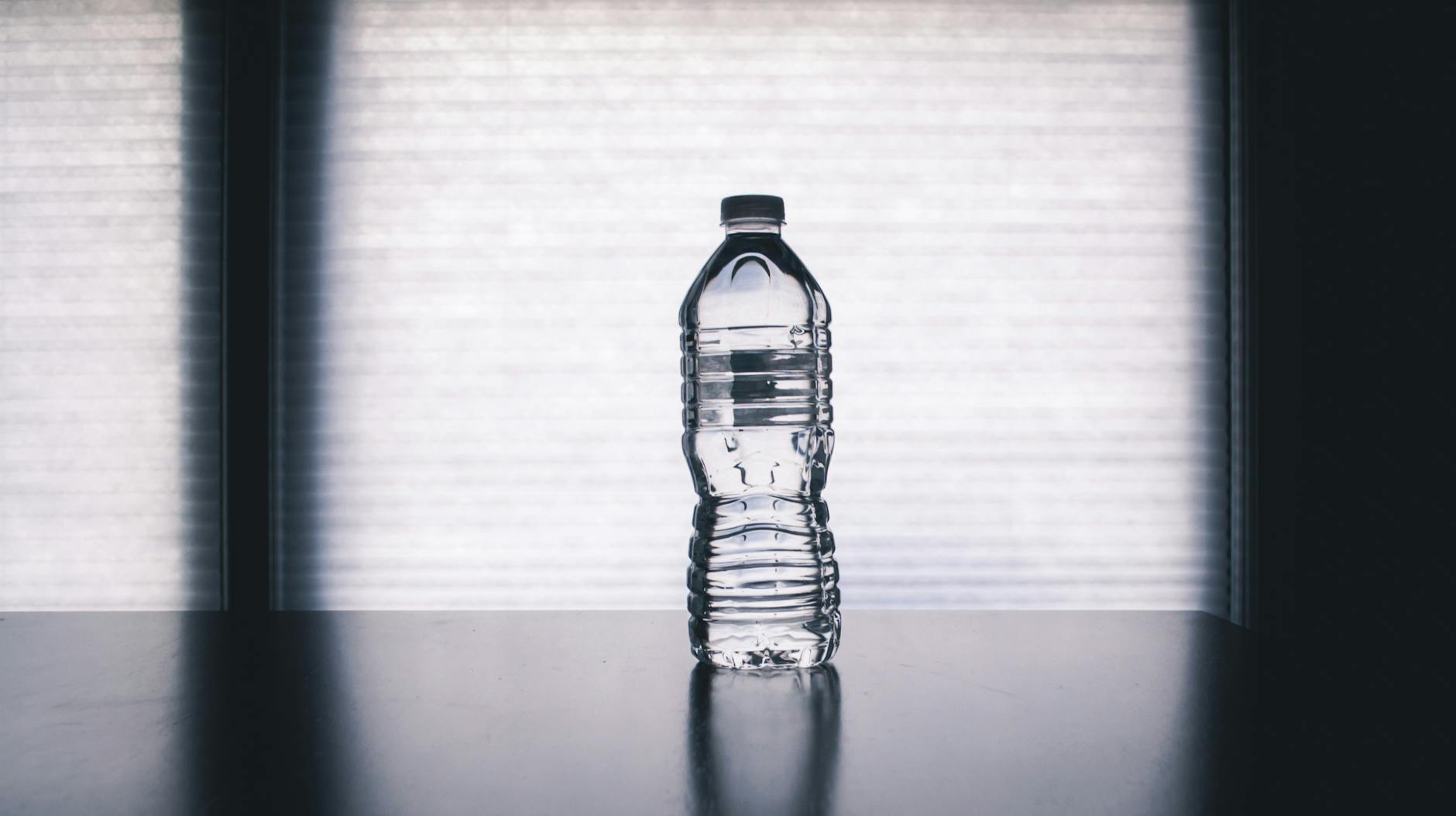Discover the ultimate survival guide for managing the excruciating pain of kidney stones and reclaiming your health with ease.
Table of Contents
Welcome to our comprehensive guide on dealing with the dreaded kidney stones. This common and painful condition can bring even the strongest person to their knees. But fear not, we are here to arm you with the knowledge and strategies needed to manage kidney stones and alleviate your discomfort.
Understanding Kidney Stones
Kidney stones are hard deposits formed in the kidneys when certain substances in your urine become concentrated. These substances can crystallize and develop into stones of various sizes. The most common types of kidney stones are calcium stones, uric acid stones, and struvite stones, each forming for different reasons.
Symptoms of kidney stones may include severe pain in the back, side, or lower abdomen, nausea, vomiting, and blood in the urine. If you suspect you have kidney stones, it is essential to see a healthcare professional for an accurate diagnosis.
Treatment Options
When it comes to treating kidney stones, the approach may vary based on the size of the stone and the severity of your symptoms. Small stones may pass on their own through urination, while larger stones may require medical intervention. Here are some common treatment options:
- Hydration: Drinking plenty of water can help flush out small stones and prevent new ones from forming.
- Pain Management: Over-the-counter pain medications can help alleviate the discomfort associated with kidney stones.
- Medical Procedures: In cases where stones are too large to pass naturally, procedures like lithotripsy or surgery may be necessary to remove them.
Lifestyle Changes
Prevention is key when it comes to kidney stones. By making some simple lifestyle changes, you can lower your risk of developing these painful deposits. Here are some tips to help you prevent kidney stones:
| Topic | Information |
|---|---|
| What are Kidney Stones? | Kidney stones are hard, pebble-like pieces of material that form in the kidneys when there is a buildup of certain substances in the urine. |
| Causes | Dehydration, high levels of certain substances in the urine, family history, and certain medical conditions can contribute to the formation of kidney stones. |
| Symptoms | Symptoms of kidney stones may include severe pain in the back or side, blood in the urine, and frequent urination. |
| Diagnosis | Tests such as imaging studies, blood tests, and urine tests can help diagnose kidney stones. |
| Treatment | Treatment options for kidney stones include medications, lithotripsy, and surgery depending on the size and location of the stones. |
| Prevention | Drinking plenty of water, reducing salt intake, and eating a healthy diet can help prevent the formation of kidney stones. |
- Stay Hydrated: Drinking an adequate amount of water each day can help prevent kidney stones from forming.
- Limit Sodium and Animal Protein: High levels of sodium and animal protein can contribute to the formation of kidney stones. Limiting your intake of these substances can help reduce your risk.
- Eat a Balanced Diet: Consuming a diet rich in fruits, vegetables, and whole grains can help prevent kidney stones by promoting overall urinary health.
Seeking Medical Advice
If you are experiencing symptoms of kidney stones or have a history of them, it is crucial to seek medical advice. A healthcare professional can provide an accurate diagnosis, determine the best course of treatment, and offer guidance on how to prevent future kidney stones.
Remember, dealing with kidney stones can be a painful and frustrating experience, but with the right knowledge and resources, you can successfully manage this condition and move forward with confidence. Stay hydrated, make healthy choices, and don’t hesitate to reach out for help when needed. You’ve got this!
FAQ
How can I prevent kidney stones from forming?
To prevent kidney stones, stay hydrated by drinking plenty of water, limit sodium and animal protein intake, and eat a balanced diet rich in fruits, vegetables, and whole grains.
What are the common symptoms of kidney stones?
Common symptoms of kidney stones include severe pain in the back, side, or lower abdomen, nausea, vomiting, and blood in the urine.
What treatment options are available for kidney stones?
Treatment options for kidney stones include hydration, pain management with medications, and medical procedures like lithotripsy or surgery for larger stones that can’t pass naturally.
When should I seek medical advice for kidney stones?
If you are experiencing symptoms of kidney stones or have a history of them, it’s important to seek medical advice for an accurate diagnosis, treatment guidance, and prevention strategies.




